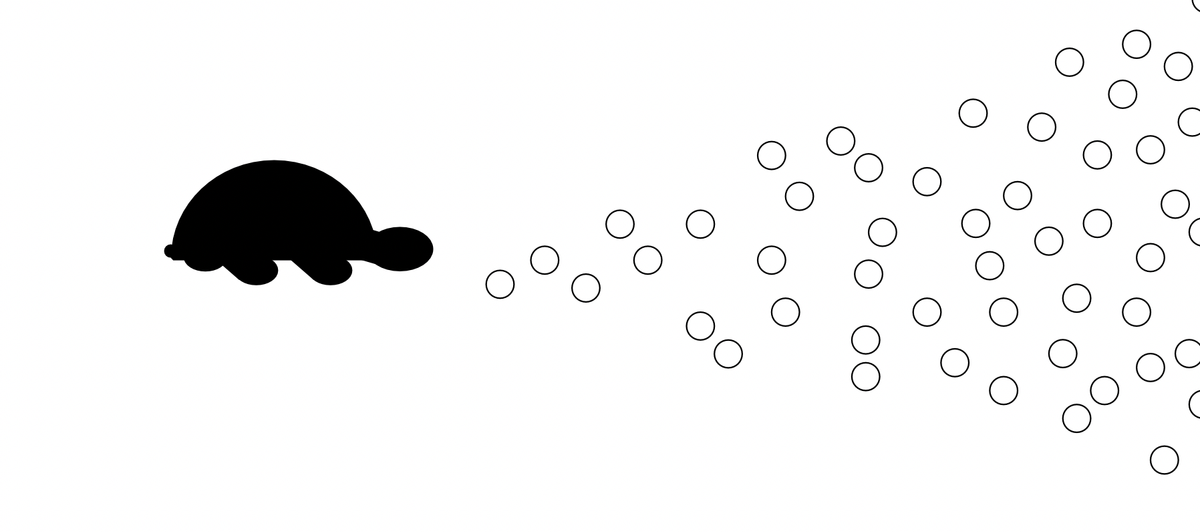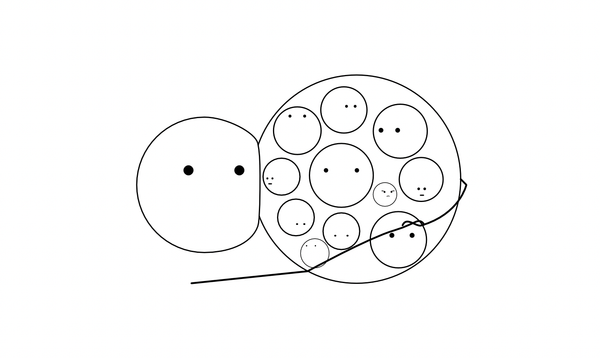Slow down

Seriously. If you want to understand: slow down.
The ubiquitous standards of business has us all focused on efficiency and speed. There are very few corners of life where we aren't racing to the end, trying to get there with as few steps as possible, as quickly as possible.
Just look at LLM's for how little time business wants us to spend. Then think about how much you remember about the last time you went on autopilot – like an unremarkable commute, or putting dishes away. Combine them, and it's easy to understand how LLM's can lead to deskilling and workslop.
Slowing down is necessary to making sense of things; to questioning how information is hanging together; to knit together information mechanisms and thinking models, and think it through with previously successful personal cognitive patterns; and, to expand domains until seeming paradoxes can become facets of a whole.
Most of the time, we can do that while keeping up: with business, with life, with news, with politics, with change. But take it from someone who goes up learning curves for a living: overwhelm happens. There's no way to avoid it and keep pace, learn, form your own opinions against your own ethics and your own models. Forming your own opinions is part of learning. It's not your understanding until you can fold into into your cognitive models and approach the information from multiple angles. And honestly: it doesn't work well until you have enough self awareness to know what your ethics are. Until you do, decisions are as simple as the information fed to you.
Understanding is what frees our ability to troubleshoot – not memory, not rote process, not regurgitating what someone else said. Understanding something with enough nuance and depth to approach it straight, sideways, from the bottom, from the top, backwards, out of order, after rolling it around to fit a different axis, after displacing it from where in your cognitive model it usually sits, and all while being aware of all the historical context around the information that could help to troubleshoot what's going on now.
When overwhelm hits, slow down. Back off. Stop. Do what you do to recenter yourself and find balance. Go for a walk/run/swim/etc. to release all the excess energy fizzing in your body. Think of it like too many people trying to get through a small doorway at the same time; the physical activity speeds some people up, and the recentering slows some down. Flow emerges. Then, get bored. As long as you were intent on understanding, your subconscious will still be working.
When you dive back in to the information to check on all the literacy angles to spark the next troubleshooting idea, things will make more sense.
As information literacy increases, it will get faster. You'll find scaffolding for how your brain works most fluidly, develop trusted sources to help check that previous-work-done, and learn to spot the ever-changing fingerprints of manipulation. It's like driving a car. The first time you do it, you're not going to calmly and efficiently navigate the New Jersey Turnpike at speed. You have to work your way up to it. You'll get there if you keep practicing.
Also, as you slow down, make things. It builds mental models. Troubleshooting how something is made is navigating information, but with tactile feedback. It grounds the abstracts. I can't tell you how much I have learned about the abstracts of information through making and building and growing. Get dirty while you slow down. Remind yourself how little opinion good tools have, and how little benefit there is in meeting someone's scan-expectations while you're in the thick of it.
What will also become clear is that business wants to magically skip the learning and making and fixing parts, and get straight to the using and 5-minute maintenance parts. It's a social dilemma when business models are being touted as the only good way to go about things.




